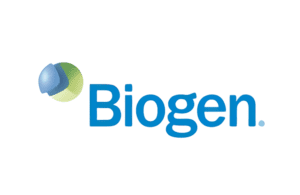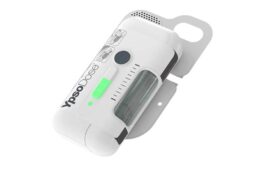 With the blockbuster dreams of the Alzheimer’s drug Aduhelm (aducanumab) dashed for the foreseeable future, Biogen has announced that its CEO Michel Vounatsos will depart.
With the blockbuster dreams of the Alzheimer’s drug Aduhelm (aducanumab) dashed for the foreseeable future, Biogen has announced that its CEO Michel Vounatsos will depart.
Vounatsos began his tenure as CEO in 2017.
Vounatsos’ plans to exit the company came out on the same day that Biogen reported Q1 adjusted earnings per share of $3.62, 76¢ behind the $4.38 that analysts expected. The 76¢ amount was equal to the negative impact that Biogen reported to Aduhelm inventory write-offs.
Revenue was $2.532 billion for the quarter ended March 31, 2022, down 6% from Q1 2021.
The company’s decision to pursue the FDA approval of Aduhelm after two Phase 3 trials failed to show a clear benefit proved controversial.

Michel Vounatsos [Image courtesy of Biogen]
In its Q1 earnings call, the company announced it would “substantially” eliminate the commercial team in place to sell Aduhelm. Biogen projected that restructuring would lead to an estimated $500 million in annualized savings. The company had already announced prior initiatives to save an additional $500 million.
In January, Biogen announced its plans to sell an equity stake in Samsung Bioepis worth another $2.3 billion.
The company continues to study Aduhelm, including in the Phase 4 post-marketing requirement trial ENVISION.
Biogen also continues to develop another Alzheimer’s drug candidate known as lecanemab, which is currently the subject of the Phase 3 ClarityAD study.
Biogen collaborated with Eisai on the development of Aduhelm and lecanemab.
The company is also pursuing FDA approval of the antidepressant zuranolone for major depressive disorder.
Biogen’s quarterly revenue of $2.5 billion trailed the nearly $2.7 billion it earned in the same period last year.
Sales of its multiple sclerosis franchise, the spinal muscular atrophy drug Spinraza and biosimilars were all down.
In mid-day trading, BIIB shares were up about 1% to $209.45.
Filed Under: Drug Discovery and Development, Neurological Disease





Tell Us What You Think!
You must be logged in to post a comment.